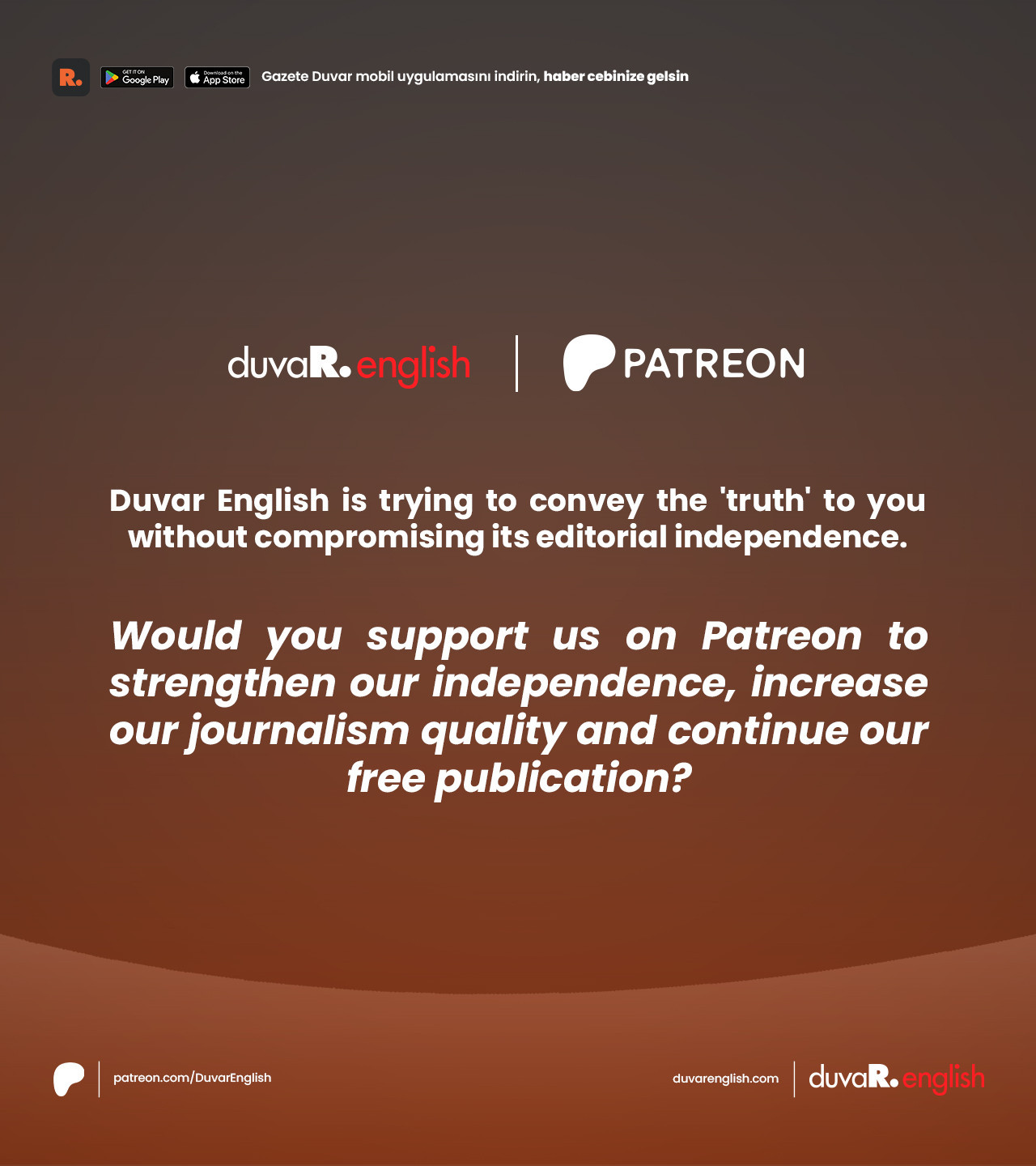wall english
Academic Yaman Akdeniz announced on March 20 that a Turkish court had approved his information rights application related to bandwidth restrictions imposed by the state-run Information and Communications Technology Authority (BTK) during relief efforts for the February 6 earthquake.
According to online news outlet Diken, Akdeniz submitted a request to BTK to see five administrative documents related to bandwidth limit decisions.
1. My right-to-know lawsuit against BTK over post-earthquake “band restrictions” on social media platforms has ended. 👇
— Arman Akdeniz (@cyberrights) March 20, 2024
“My request was sidestepped by the standard response,” Akdeniz noted.
The law professor subsequently applied to the administrative court to set aside what he called an “unlawful response that violated information rights and freedoms.”
BTK argued that it had the right to withhold the documents Akdeniz requested access to because they were “confidential”.
Akdeniz said the requested documents include a presidential decree, two court rulings and two communications documents calling for bandwidth restrictions.
“There is no doubt that these types of documents cannot be kept secret. None of them have confidentiality orders,” the professor added.
The court unanimously ruled that BTK’s concealment of information was illegal.
Two days after two powerful earthquakes struck southeastern Turkey on February 6, major social media platforms Twitter, Tiktok and Ekşisözlük were restricted for ten hours.
The bandwidth restrictions were imposed after heavy criticism of the government’s response to the earthquake. Twitter in particular has become an important communication platform, where thousands of people can share the location of loved ones trapped under the rubble and guide them in rescue operations.
The main opposition Republican People’s Party (CHP) also launched criminal proceedings against BTK and other senior government officials over the incident.
